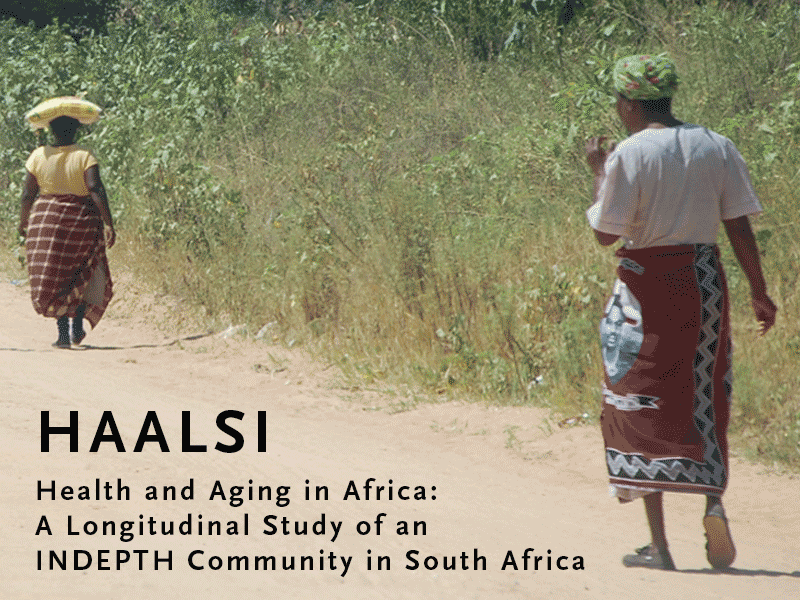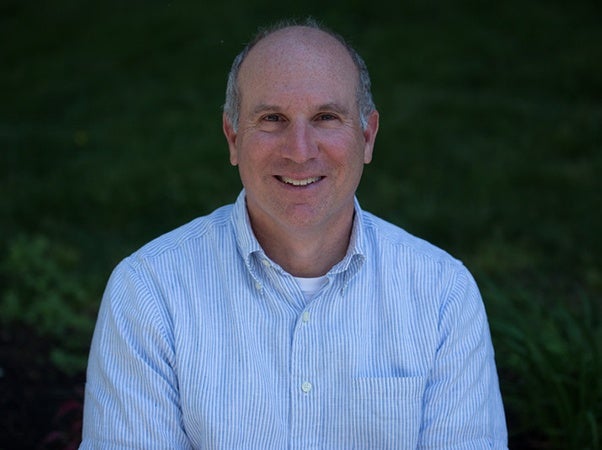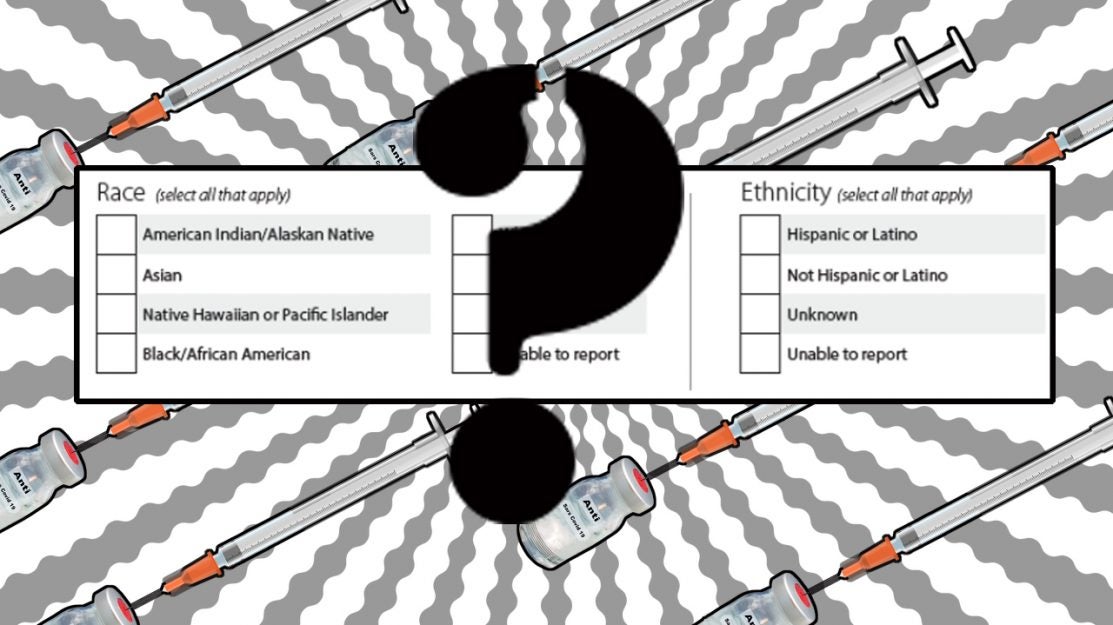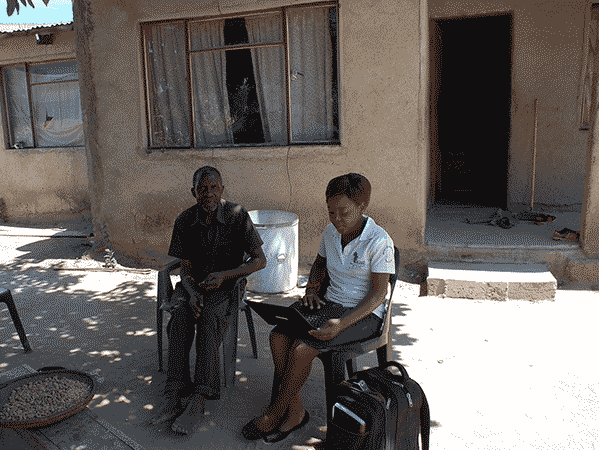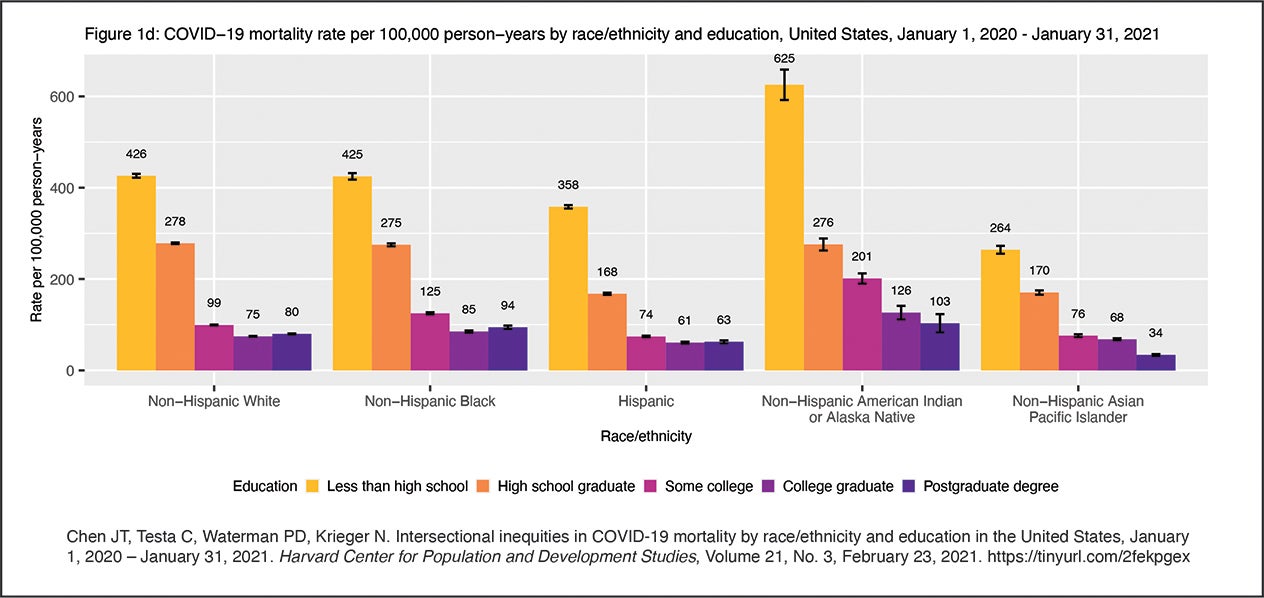The United Nations has declared that we are now in the “UN Decade of Healthy Ageing” (2021-2030) as a way to address the challenges that accompany increasing global life expectancy. Two researchers affiliated with the Harvard Pop Center (David Bloom and Benjamin Seligman) are among the authors of this piece published on voxeu.org that cites the rapidly developed COVID-19 vaccine as proof that complex health crises can be successfully tackled.…
Older adults in rural South Africa who care for their grandchildren may also be safeguarding their cognitive function
Three researchers (Harvard Pop Center Research Scientist Elyse Jennings, Research Associate Director Meagan Farrell, and former Bell Fellow Lindsay Kobayashi) affiliated with one of the flagship projects at the Harvard Pop Center — Health and Aging in Africa: A Longitudinal Study of an INDEPTH Community in South Africa (HAALSI) — have published their findings in the Journal of Aging and Health.
Why would this researcher like to see ortho-phthalates banned from consumer products?
Russ Hauser’s research on ortho-phthalates, commonly found in personal care products, is the focus of this Harvard Chan School’s Big 3 Q&A.
Now in The Lancet: US racial and ethnic data missing for COVID-19 vaccination
Harvard Pop Center Working Paper Vol. 21, No. 1, is now published as a correspondence in The Lancet.
Amazon puts the pressure on local companies to raise wages too
Former Harvard Bell Fellow Clemens Noelke is an author on a study (at the center of this piece in The New York Times) that has found that Amazon, by raising its minimum wage to $15 an hour, has influenced other local companies to raise wages, and has found little evidence of job loss. Photo: Pixabay
Latest study on aging in South Africa presents some of the first incidence rates of aging-related cognitive impairment in this population
HAALSI researchers — including former Harvard Bell Fellow Lindsay Kobayashi, and Harvard Pop Center Research Associate Meagan Farrell, and Director Lisa Berkman — have published a study that finds similar patterning between social disparities (such as differences in formal education, literacy and marital status) and cognitive impairment rates in rural South Africa as observed in many high-income countries.
Combatting mental distress by shoring up resilience during COVID-19 pandemic
A study published in the Journal of Affective Disorders by our recent Bell Fellow Leslie Adams, PhD, and her colleagues takes a longitudinal look (with baseline and nine waves of follow-up data from March through August, 2020) at the relationship between resilience and mental distress in 6,008 participants in the Understanding America Study. “Adults living below the poverty line were less likely to report high resilience . . . participants…
Continue reading “Combatting mental distress by shoring up resilience during COVID-19 pandemic”
Why is the proportion of deaths from COVID-19 in nursing homes far less in Japan than in U.S.?
Ichiro Kawachi, MBChB, PhD, and his colleague Kazuhiro Abe, MD, PhD have written an op-ed in JAMA Health Forum that suggests that differences in standards of care and financing may be partially responsible for what appears to be differing infection rates between nursing homes in Japan and the U.S.
GO BIG NOW on relief to address “commingled miseries” of COVID-19
The authors of a recent Harvard Pop Center Working Paper have pulled from this analysis of real-time data on food and housing insecurity and penned an op-ed in the New York Daily News that implores the new Biden-Harris administration to go big with relief.
Finally, a look at COVID-19 mortality rates by race/ethnicity AND EDUCATIONAL LEVEL
“Intersectional inequities in COVID-19 mortality by race/ethnicity and education in the United States, January 1, 2020–January 31, 2021,” is the latest Harvard Pop Center working paper by Jarvis Chen, Christian Testa, Pamela Waterman, and Nancy Krieger. On February 2, the US National Center for Health Statistics published data relating to COVID-19 deaths that had been missing from the government health statistics for the first year of the pandemic under the…

